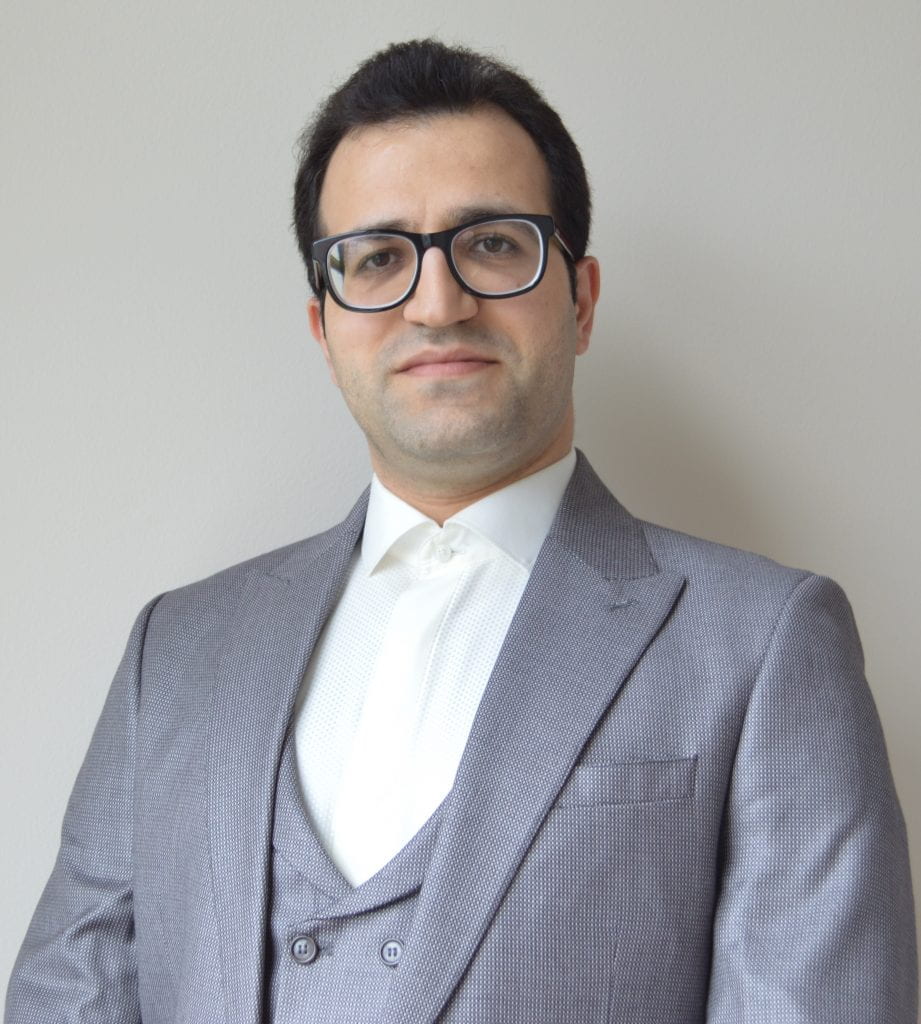Mehdi Kafashan, PhD, MSc, Instructor of Anesthesiology at Washington University School of Medicine in St. Louis, has received a 5-year $793,965 K01 grant from the National Institute of Mental Health (NIMH) to study “Disruptions of Brain Networks and Sleep by Electroconvulsive Therapy (DNS-ECT)”.
The World Health Organization (WHO) classifies depression as being one of the world’s most onerous illnesses, accounting for more disability than any other illness and with more than $210 billion per year spent in the US. Brain stimulation modalities, such as electroconvulsive therapy (ECT), are among the most effective therapies for patients with Treatment-Resistant Depression (TRD). Despite the efficacy of ECT in alleviating symptoms in patients with TRD, memory impairment remains a common side effect.
“A better understanding of ECT is urgently needed given that it is a repetitive procedure performed under general anesthesia and its benefits are limited by cognitive impairment following treatment,” says Dr. Kafashan.
The goal of the DNS-ECT study is to assess the impact of ECT on sleep-wake regulation and efficiency of information transfer in functional networks in different states of arousal. A thorough understanding of the underlying circuit mechanisms by which ECT works will allow enhancement of its utility through improvement of clinical outcomes and reduction of cognitive impairments following this critical treatment.
“Longitudinal assessments of EEG throughout the course of ECT alongside clinical and cognitive outcomes will provide a unique opportunity to improve our understanding of the circuit mechanisms underlying the development of cognitive impairments and antidepressant effects incurred during ECT,” says Dr. Kafashan. “Overall, elucidating the impact of ECT on information processing in different states of arousal may have promising clinical implications through identification of potential new biomarkers and therapeutic targets leading to the improvement of public health for TRD patients.”
